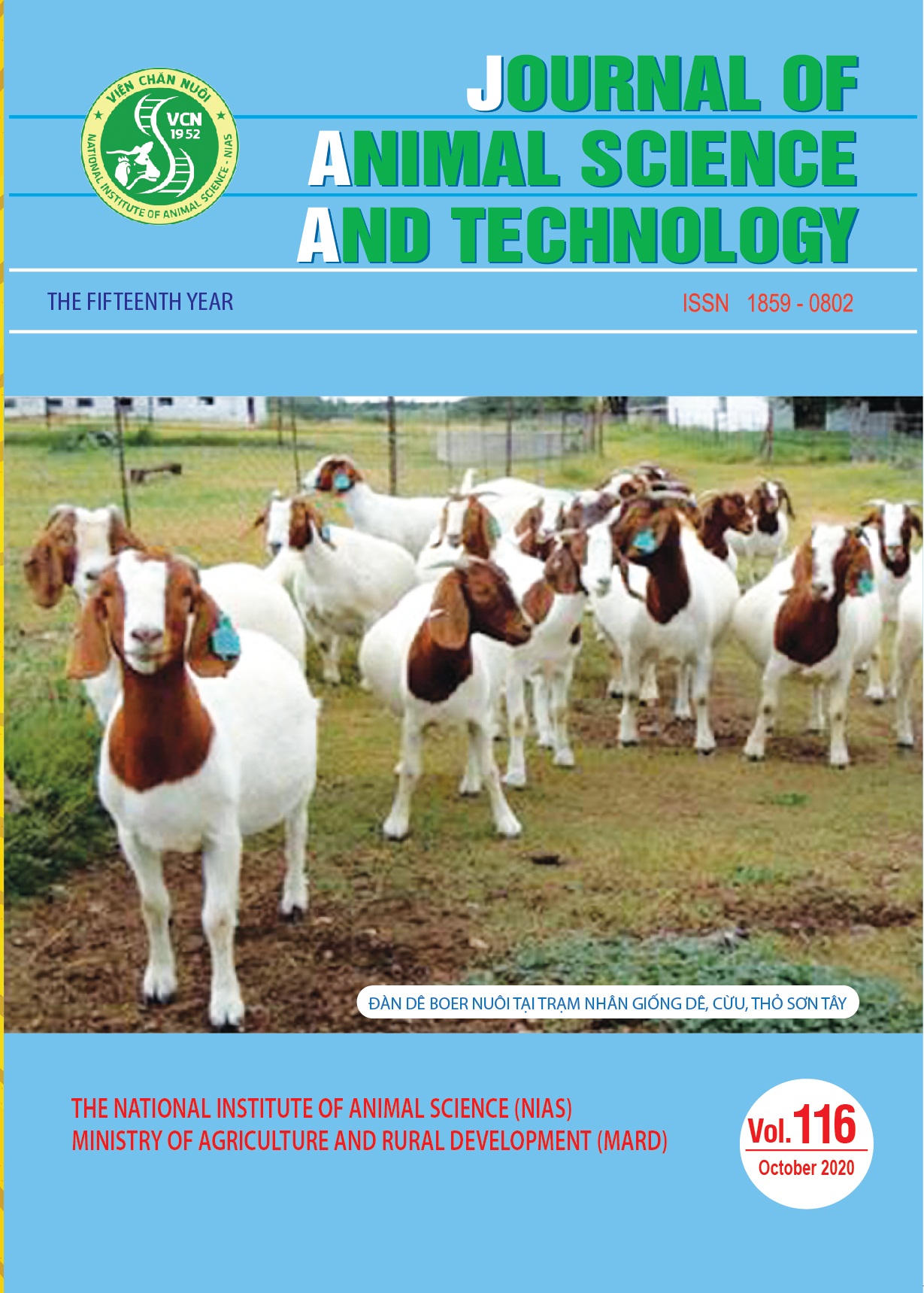Effect of dietary levels of neutral detergent fiber (NDF) on in vitro organic matter and NDF digestibility with rumen fluid of beef cattle as an inoculum source
This experiment aimed to evaluate the effect of dietary NDF levels on in vitro feed digestion for further in vivo and performance studies. It was arranged according to the complete randomized design with 6 treatments and 3 replications. The treatments were 35, 41, 47, 53, 59 and 65% NDF corresponding to NDF35, NDF41, NDF47, NDF53, NDF59 and NDF65 treatment. The basal substrates (mixture) for the experiment included elephant grass (Pennisetum purpureum), Operculia turpethum, rice straw, broken rice, soybean extraction meal and urea with the fixed crude protein of 14.6 % (DM basis) for all the treatments. The in vitro DM and NDF digestibility were observed from 0 to 72 h by the method of Goering and Van Soest.
Results showed that organic matter digestibility (OMD) was significantly different (P<0.05) among the treatments at 24, 48 and 72 hincubation. At 72 h the in vitro OMD values of NDF35 (85.1%) and NDF41 (82.7%) treatments were significantly higher (P<0.05) than those of other treatments. The data also demonstrated that increasing the NDF levels in diets from 35 to 65% gradually reduced NDF digestibility (NDFD). The linear relationship between NDF levels (%) of the treatments and the NDFD was found with the function y = -0.274x + 69.5 and R2 = 0.683, while this between NDF levels (%) and the in vitro OMD was the function y=-0.576x + 105 and R2 = 0.954. In conclusion, increasing the NDF level from 35.0% to 65.0% in the mixture gradually decreased in vitro OM and NDF digestibility, and the reasonable treatments from 47 to 59% NDF could be selected for the coming in vivo and performance studies.

